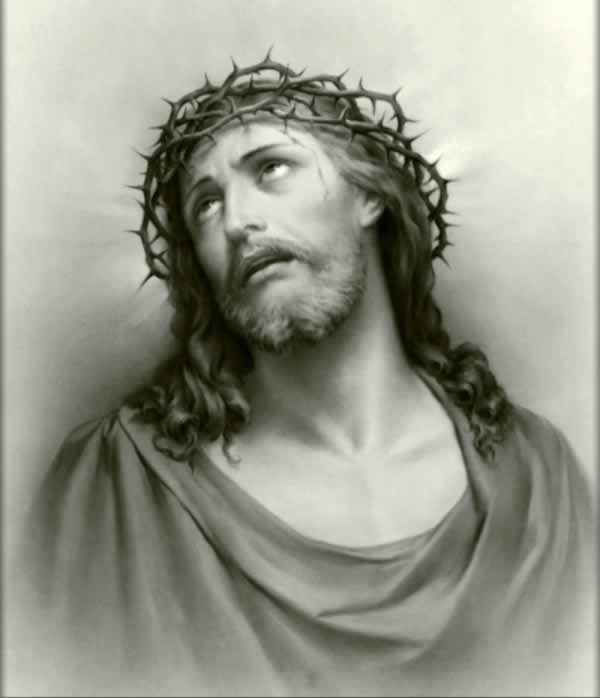
When we sin against God, we incur an infinite debt. It is infinite because our offense is committed against an infinite being, God. Man, who is finite, cannot pay an infinite debt, yet it is man who owes that debt and who in strict justice must pay it. In Christ, God, in His mercy and justice became man, so that as man, He could pay the debt man owes, and as God, He could pay the debt man cannot pay and God did not owe. “For the wages of sin is death, but the free gift of God is eternal life in Christ Jesus our Lord” (Romans 6:23). Christ died for our sins so that we could be saved from the loss of Heaven and the pains of hell. Through His passion and death He redeemed us to save us from sin.
Jesus’ redemptive suffering and death restored us to union with God and the share in God’s life that had been lost in the Original Sin through the disobedience of Adam and Eve. This share in God’s life is the life of sanctifying grace. It is to the soul, what the soul is to the body. Just as the soul is the animating principle that gives life to the body, so it is that sanctifying grace is the animating principle that gives life to the soul. It is the “soul of the soul”. Through the Mass and sacraments, we obtain this grace. It is through the passion and death of our Lord that the Mass and Sacraments have their power and efficacy.
The Mystery of Christ’s Redemption is inextricable from the mystery of God’s merciful love for us. “For God so loved the world that he gave his only-begotten Son, that whoever believes in him should not perish but have eternal life” (John 3:16). The central act in all of history is Jesus’ sacrifice on the cross. It is the greatest and most perfect act of love that has ever existed or that will ever exist. Jesus Himself told Saint Faustina to write in her diary, “Proclaim that mercy is the greatest attribute of God. All the works of My hands are crowned with mercy”. We see this in Holy Scripture: “The Lord is good to all: and his tender mercies are above all his works” (Psalm 145:9).
